Ubong Essien Calls for Greater Awareness for Nigeria’s Blue Economy
…NIMASA Urges Grassroots Inclusion in Blue Economy
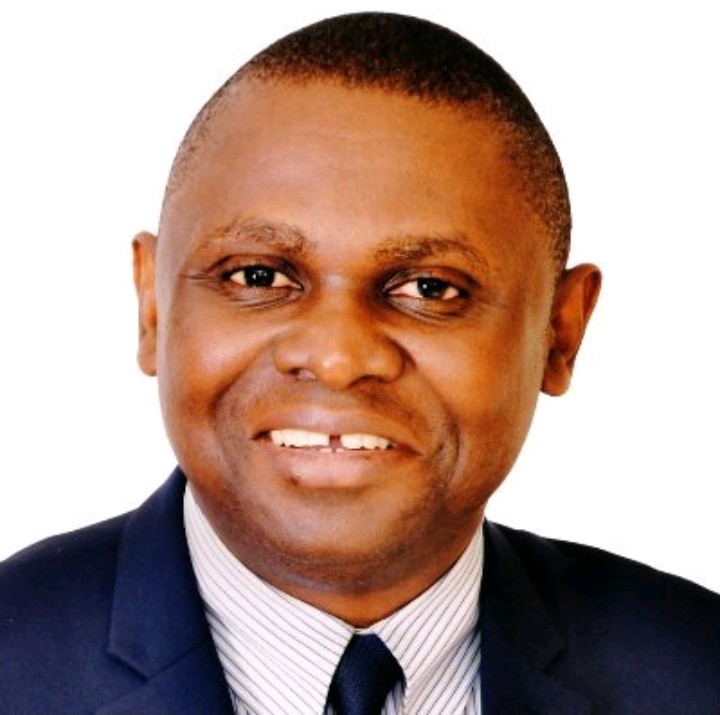
Maritime expert, Ubong Essien, has called for a collective national awakening to the vast opportunities within Nigeria’s blue economy.
While speaking at the Blue Economy Academy Monthly Intelligence Brief on August 26, 2025, Essien stressed the need for Nigerians to move from a state of ocean blindness to full awareness and engagement with the country’s aquatic resources.
He described the initiative as a progressive mission aimed at mobilising both state and non-state actors, as well as the general public, to actively participate in unlocking the potential of Nigeria’s waters.
He said the academy’s approach is a framework known as the Ten Inclusion Buckets , which identifies specific areas where Nigerians can access and harness the blue economy. These buckets he said covers a range of sectors including maritime employment, fisheries, human capital development, governance, entrepreneurship, and commerce.
He explained that Nigeria’s coastal and inland water systems offer significant economic and job creation potential, particularly for the country’s youth, who make up more than half of the population. He cited the example of the Philippines as a global leader in seafaring manpower, contrasting it with Nigeria’s current underperformance in maritime labor despite having over 200 million people and eight coastal states.
Essien also raised concerns about infrastructure imbalance, questioning the logic of concentrating maritime development in Lagos while other coastal regions remain underutilised.
He called for a broader maritime infrastructure plan that includes the development of seaports in areas like Badagry . Essien highlighted inefficiencies in the country’s transportation system, noting that overreliance on road transport has contributed to congestion and economic strain, while the inland and coastal waterways remain largely neglected.
Addressing safety and governance, he condemned recent incidents such as the boat mishap in Sokoto that left over 40 people dead, describing it as a preventable tragedy rooted in infrastructural and administrative failures.
The founder of the Blue Economy Academy urged policymakers and entrepreneurs alike to see these challenges as opportunities to innovate and invest in safer, more efficient inland waterway transport systems.
The Promotion Assistant Director at NIMASA Shipping Development , Jummai Mohammed , in her remarks , called for deeper engagement with indigenous communities in the push to develop Nigeria’s blue economy. She stressed that local populations in water linked areas like Badagry, Kogi, and Bayelsa must be involved, as they are key to accessing and sustaining vital marine resources.
Mohammed noted that while policy discussions and presentations have been extensive, there is still a gap in awareness and involvement at the grassroots level. She emphasised the need to move from theory to practical implementation by educating and organising these communities to participate actively in the sector.
She proposed the formation of local groups within these areas to drive coordination and inclusion. According to her, replicating such models across states will accelerate national progress and ensure the blue economy becomes a truly inclusive and transformative force.





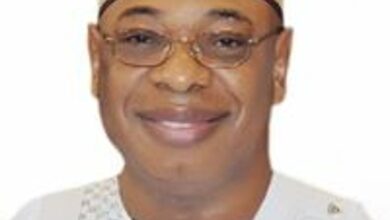
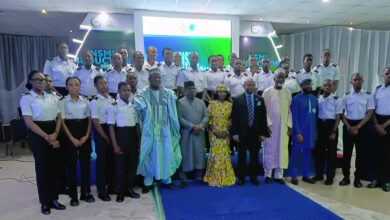
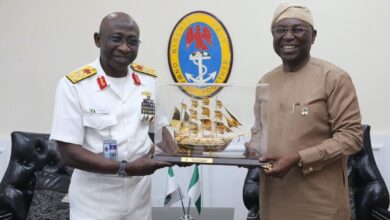
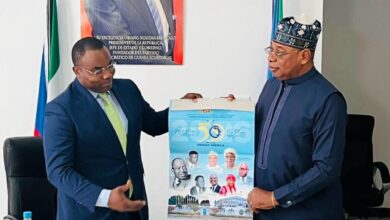
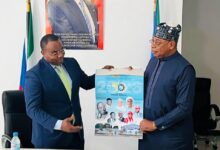
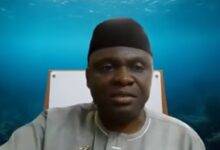
One Comment